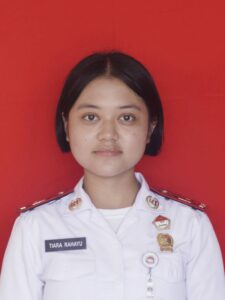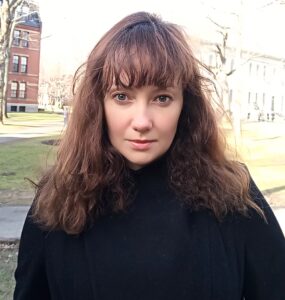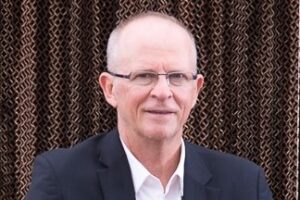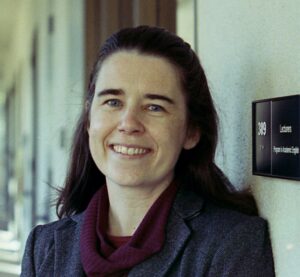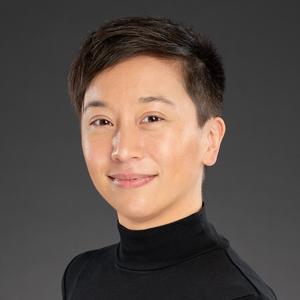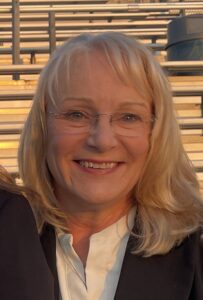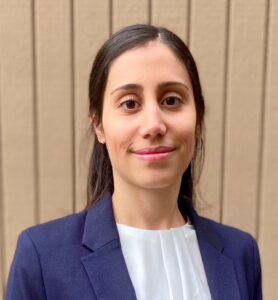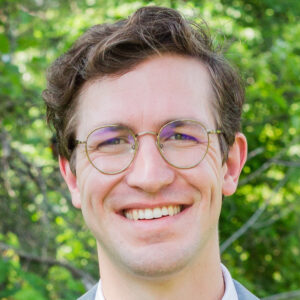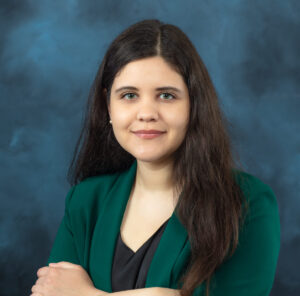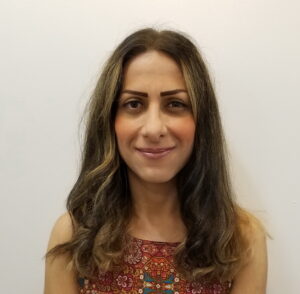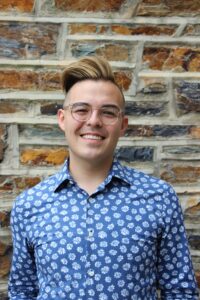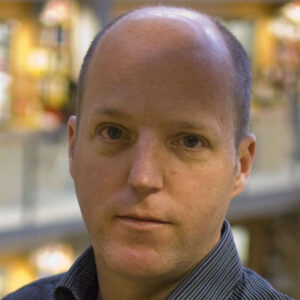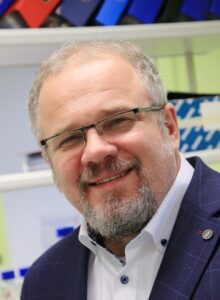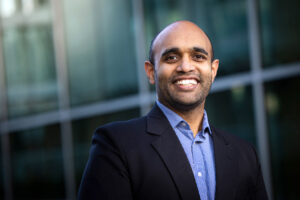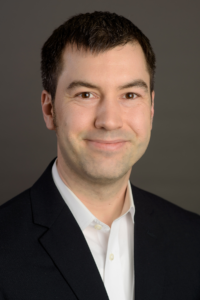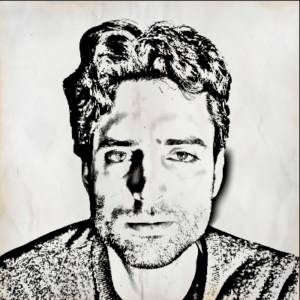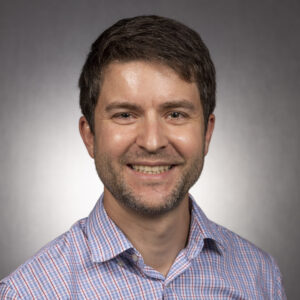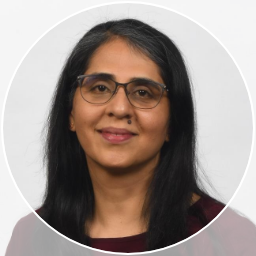Leili Rohani
Dr. Leili Rohani is a Stem Cell Scientist at the School of Biomedical Engineering, University of British Columbia, and upcoming Research Scientist at MIT Synthetic Biology Center and Department of Biological Engineering. Her research has been focused on stem cells, regenerative medicine, cell therapy, and cell-fate engineering with the intent to provide a platform for future gene and precision therapies for heart diseases. She is passionate about combining tissue engineering, single-nuclei RNA sequencing and synthetic biology tools to create a human single cell atlas of heart disease as a basis for understanding, diagnosing, monitoring, and treating heart diseases. Her end goal is to look at the SynBio platform (tissue engineering, single nuclei RNAseq, synthetic biology) as a new vocabulary for disease studies to determine the ways in which cells and disease genes act, which cells are disrupted in disease, which programs change in them, what mechanisms underlie their (dis)regulation, how their cell-cell communications are affected, and what would be the impact of therapies. Beyond her research, she is passionate about science communication, networking, and collaboration.
